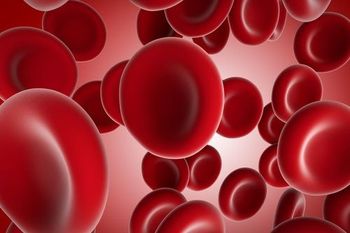
The risk-benefit assessment determined that there are no significant safety concerns.
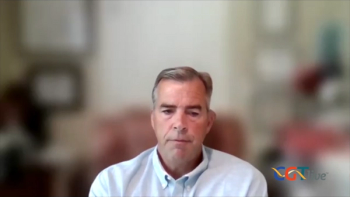
Michael Heffernan, chairman and chief executive officer, Avenge Bio, discussed AVB-001's lower systemic toxicity profile seen in preclinical studies.

Lomecel-B is being evaluated in the phase 2 ELPISII study in children with hypoplastic left heart syndrome.

Catch up on the latest news, breakthroughs, and announcements from biotechnology companies making advancements in cell and gene therapies.

Updated data from the STAAR clinical trial were presented at the SSIEM Annual Meeting.
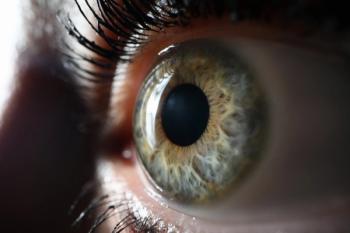
Researchers used novel functional MRI approaches to better measure the effects of gene therapy in children in current clinical trials.
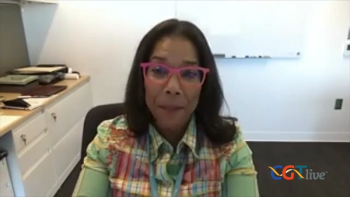
The primary investigator and chief of hematology at Children’s Hospital of Philadelphia discussed the collaboration and research that went into developing beti-cel.
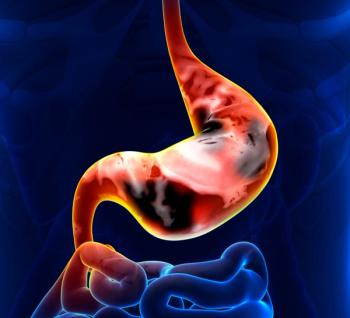
The company has initiated the world’s first confirmatory phase 2 trial of a CAR T-cell therapy in solid tumors.
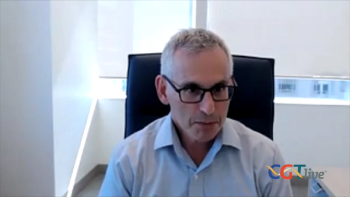
The chief medical officer of Passage Bio discussed the phase 1/2 upliFT-D study of PBFT02.

Michael Heffernan, chairman and chief executive officer, Avenge Bio, discussed the IND clearance of AVB-001 and the soon-to-initiate phase 1 trial.
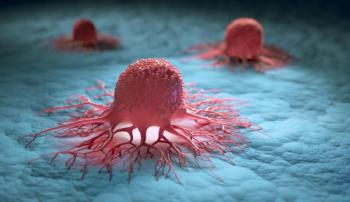
The tumor-infiltrating lymphocyte therapy has shown efficacy in the phase 2 C-144-01 trial.
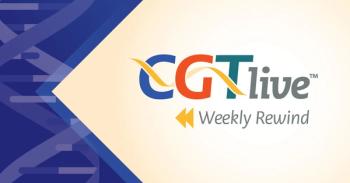
Review top news and interview highlights from the week ending August 26, 2022.
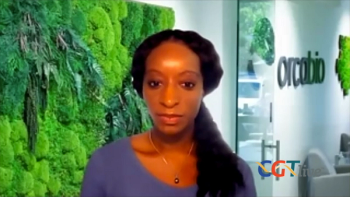
The senior vice president and head of medical affairs at Orca Bio discussed how Orca-T has been developed to lower the risk of graft-versus-host disease.
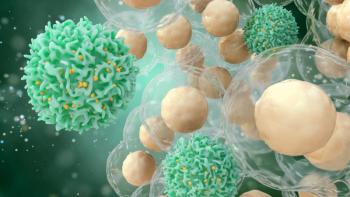
Century Therapeutics will initiate the phase 1 ELiPSE-1 study imminently.
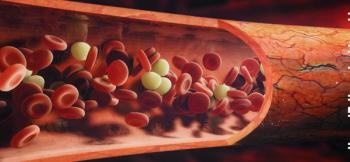
BioMarin plans to resubmit the biologics license application for val-rox to the FDA by the end of September 2022.

iECURE and the University of Pennsylvania Gene Therapy Program have collaborated to develop the GTP-506 program.

Catch up on the latest news, breakthroughs, and announcements from biotechnology companies making advancements in cell and gene therapies.

The primary investigator and chief of hematology at Children’s Hospital of Philadelphia discussed requirements for administering beti-cel.
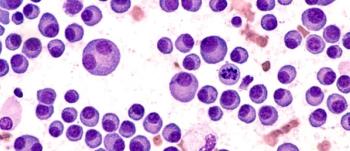
Matthew J. Frigault, MD, discussed safety and efficacy findings on CART-ddBCMA.
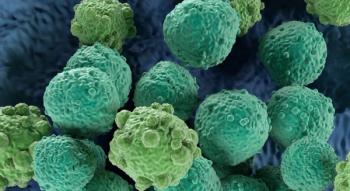
At a median follow-up of 24 months, the best ORR achieved was 77.6% among 58 evaluable patients with large B-cell lymphoma treated with relma-cel.

Merit Cudkowicz, MD, discussed corrected data from a phase 3 trial of NurOwn that BrainStorm believes supports a BLA submission.

If approved, the company will initiate the first-in-human STAR-101 phase 1 clinical trial.

The senior vice president and head of medical affairs at Orca Bio discussed the initiation of the Precision-T phase 3 trial.

The BLA was supported by data from 2 intrapatient, placebo-controlled clinical trials.

Review top news and interview highlights from the week ending August 19, 2022.
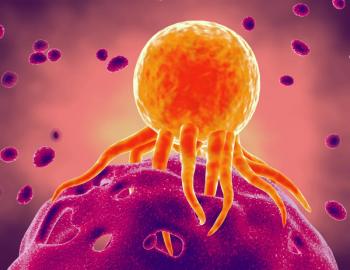
The company recently announced a dose escalation in the ACCLAIM-1 study.

The primary investigator and chief of hematology at Children’s Hospital of Philadelphia discussed beti-cel's approval.

The pheEDIT clinical trial initiated in June 2022.

Catch up on the latest news, breakthroughs, and announcements from biotechnology companies making advancements in cell and gene therapies.

ZYNTEGLO is now the world's most expensive gene therapy at a $2.8 million price tag.